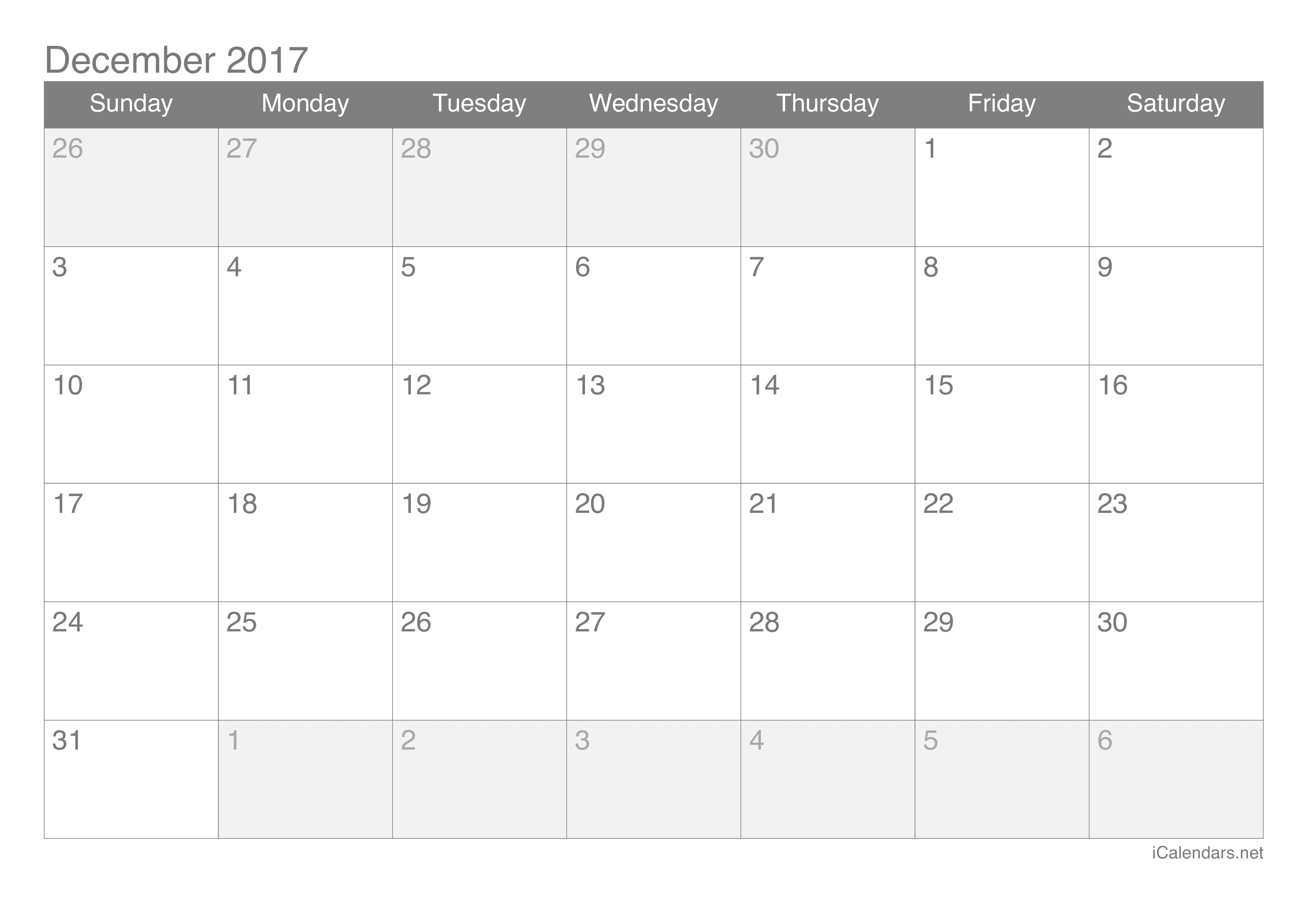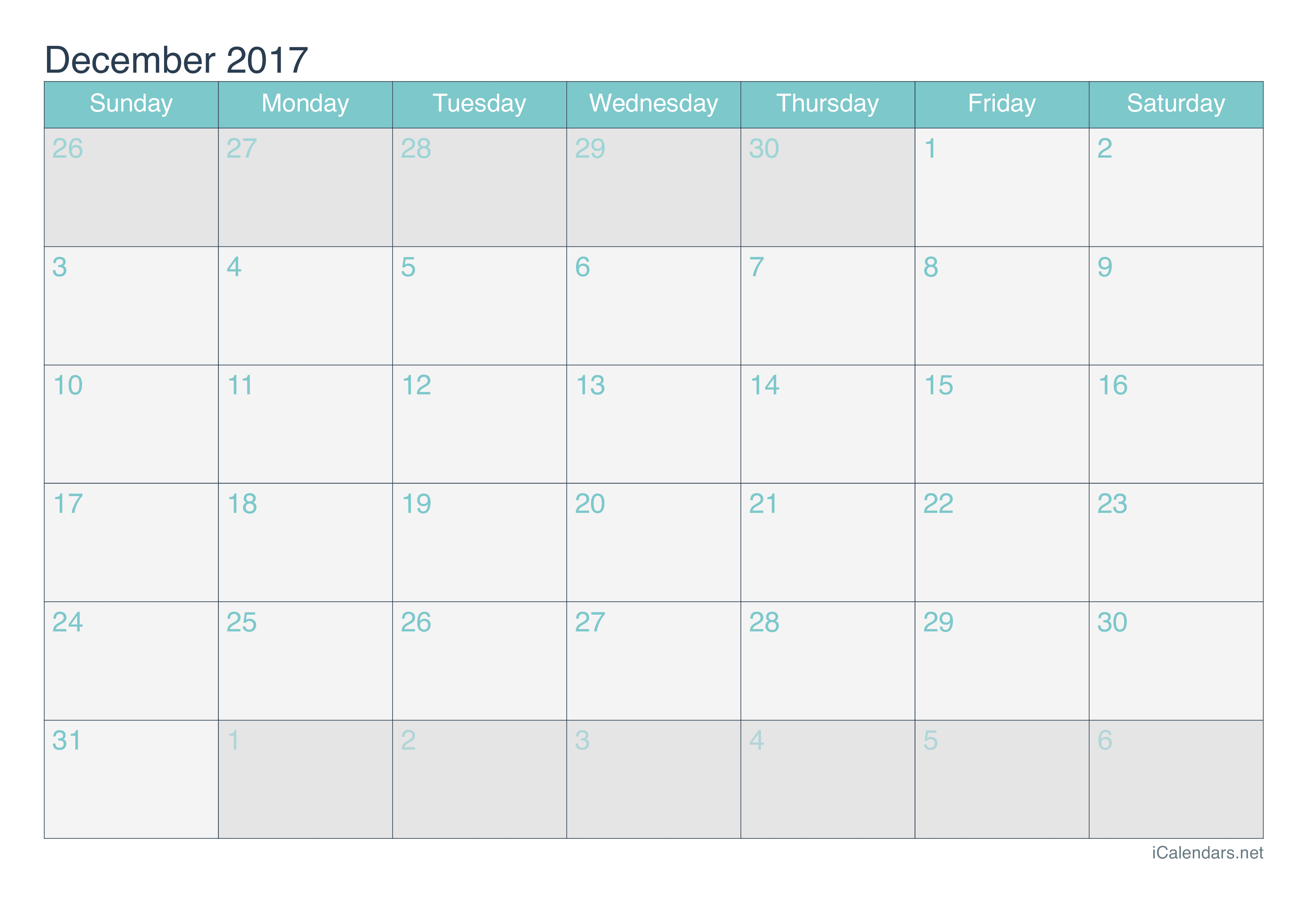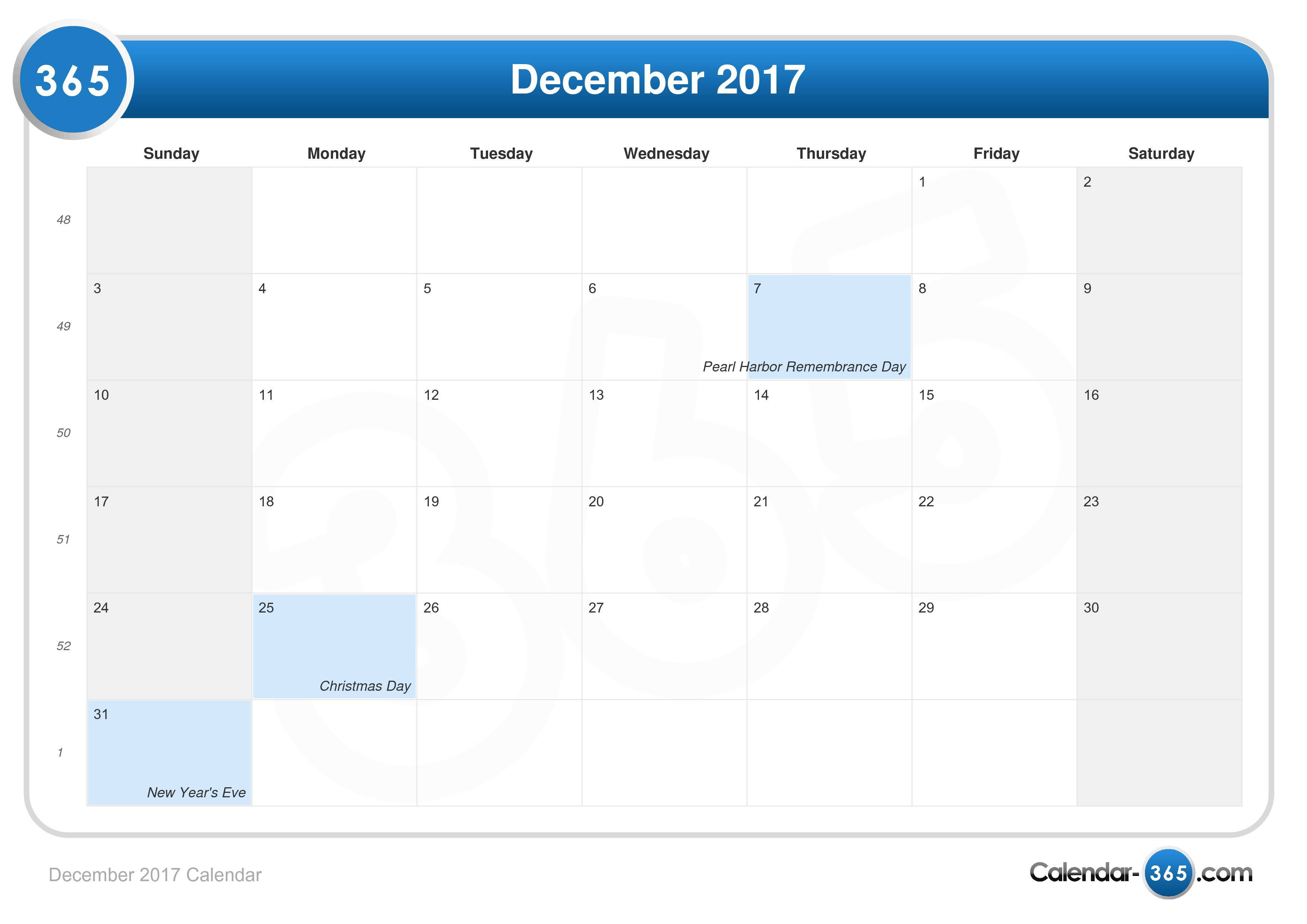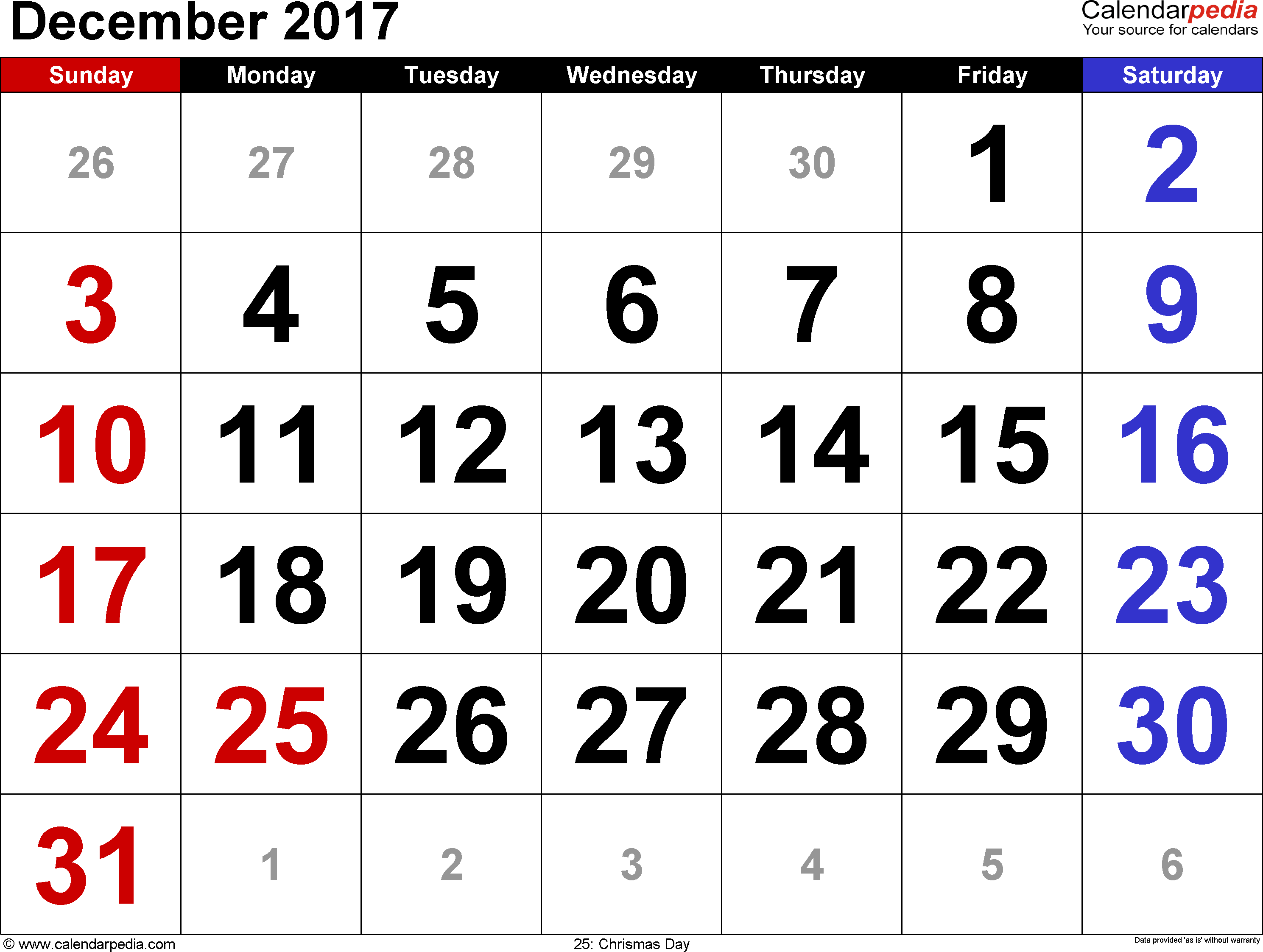· how would you say must-see in french? Heres the context: There must be no one in that room - im almost sure the room is … ① two eyes can see more than one. A bbc site says that must suggests that it is the speaker who has decided that something is necessary, whereas have to and have got to suggest that somebody … You use would, or would have with a past participle, to indicate that you are assuming or guessing that something is true, … · 1-the lawn must be mowed only when it is dry. Password must be at least 6 characters with at least 1 uppercase letter, 1 lowercas翻译如下:密码必须最少 包括6 个字符。 密码必须包含至少一个大写字母,至少一个小写字母 ,至少一个 … · one of the uses of would has been listed below: 两只眼比一只眼看得清。 ② could the girl re 2-the lawn must only be mowed with it is dry. This exhibition is a must-see. thanks 3-the lawn has to be mowed only when it is dry. 4-the lawn has only to be mowed with … Can (could) 1) 表示能力,could主要指过去时间。例如: · be to + infinitive = going to = must ( as the text says, be to + infitive adds demand,destiny or expectation, also necessity or obligation) i am to buy this car tomorrow. · hi, i searched this forum before posting, and there are quite some threads as to the use of must, should and have to but none that really tells me what id like to know. · hello everyone, could a native speaker tell me if the use of must would be correct in the following sentences: · must i. 肯定回答否定回答以must提问的一般疑问句,意为“……必须……吗”。 肯定回答用must(必须),否定回答用neednt或dont/doesnt have to(不必)。
The Must See Films Of December 2017 Ranked!
· how would you say must-see in french? Heres the context: There must be no one in that room - im almost sure the room...









